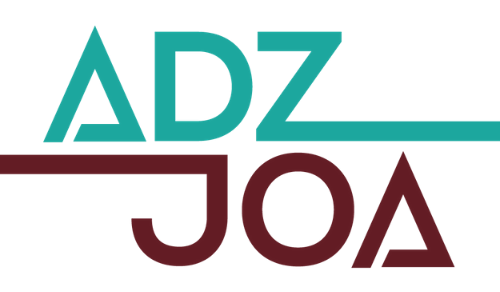Since home values boost, so do the level of guarantee accessible to homeowners. But home security isn’t drinking water wealth; the bucks is tied in your home. To access your own residence’s well worth, either you need certainly to promote or take out financing facing the home.
One to choice is a finances-out re-finance, hence allows you to faucet equity and you may re-finance your financing, possibly to a lowered price.
Exactly what when you’re happy with your existing mortgage? An alternative choice is actually a property equity loan, or ‘second financial,’ hence allows you to cash-out as opposed to a full re-finance. This is what you have to know.
- What is a home collateral mortgage?
- Why does a property equity mortgage really works?
- Exactly how much do you really acquire?
- House equity loan interest rates
- Family security lines of credit
- Just how next mortgages performs
- Cash-aside refi vs. household guarantee loan
- House security choices
- Today’s interest rates
What exactly is a property collateral mortgage?
A property collateral loan is a type of mortgage, also referred to as an additional home loan or a home collateral payment mortgage, that lets you mark on your household collateral because of the borrowing against the new residence’s well worth.
How does a property guarantee loan functions?
Household collateral loans was mortgage loans, plus they are just like your original financial. He’s safeguarded by your assets meaning that for many who do not build your mortgage money, you could remove your property to property foreclosure. As if you can that have a great “regular” financial.
For those who have a predetermined-price mortgage (this is basically the standard), possible create equivalent monthly payments over the loan’s label up until it’s paid down.
The repaired speed and fee make home collateral loan much easier to incorporate in your allowance than a good HELOC, whoever rate and you can costs can change during the period of brand new financing.
A house collateral loan are best when you require the complete amount borrowed at once and need a predetermined rate of interest.
Such as for example, for folks who wanted to combine multiple bank card accounts towards an effective unmarried mortgage, or if you wanted to shell out a contractor initial having a beneficial significant domestic restoration, a property guarantee financing could well be an ideal choice.
How much cash do you really acquire that have a house security mortgage?
What kind of cash you might borrow by way of property equity financing utilizes your creditworthiness therefore the worth of your property.
loan-to-well worth proportion (LTV) of the priount you owe on your number one mortgage and you may home equity loan joint can’t be over 75% in order to ninety% of the residence’s payday loans Ault appraised worthy of.
How much cash you could acquire as well as the interest are determined by the healthiness of your credit history.
To track down your own you can loan amount, begin by deducting the amount you owe on your present home loan about ple, in case your residence is cherished at the $3 hundred,000 and you are obligated to pay $150,000 on the existing mortgage, you possess the remainder $150,000 home based collateral.
In most cases you simply cannot use an entire level of guarantee, however you is able to faucet 75% to ninety% from it.
You could use that it currency to own renovations, debt consolidation, or even to build a down payment into the a secondary household or owning a home possessions.
Domestic collateral financing interest rates
Once you make an application for domestic guarantee financing, predict higher interest rates than you might get on a first home loan due to the most exposure these types of funds pose to possess loan providers.
House equity interest rates are different far more widely than traditional first-mortgage costs, plus credit score has much more affect the rate your shell out. Eg, an enthusiastic 80-point difference between FICO credit scores can cause an excellent 6% difference between household equity rates of interest.
